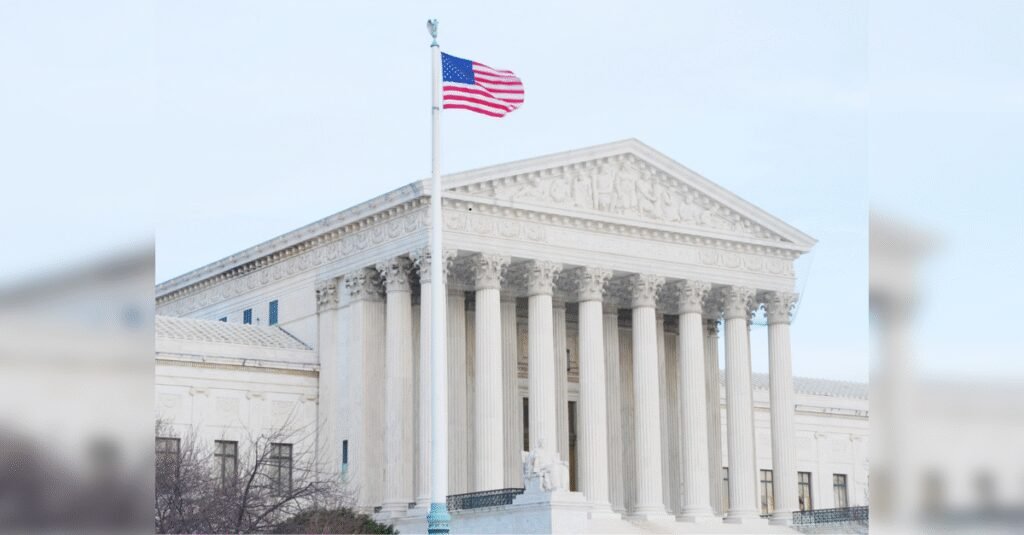The U.S. Supreme Court agreed on Monday to decide a copyright dispute between Cox Communications and a group of music labels following a judicial decision that threw out a $1 billion jury verdict against the internet service provider over alleged piracy of music by Cox customers.
The justices took up Cox’s appeal of the lower court’s decision that it was still liable for copyright infringement by users of its internet service despite the decision to overturn the verdict.
The justices also declined to hear an appeal by the labels – including Sony Music, Universal Music Group and Warner Music Group – of an aspect of the lower court’s decision that would result in a new trial to determine the amount of damages Cox must pay.
The court is expected to hear the case in its new term, which begins in October.
More than 50 labels joined together to sue Cox in 2018. Their appeal to the Supreme Court sought to reinstate the $1 billion award.
The labels accused Cox of doing to little to stop its users from illegally downloading pirated copies of their music through peer-to-peer (P2P) protocols like BitTorrent. They said Cox failed to address thousands of copyright infringement notices from the labels, to cut off access for repeat infringers and to take reasonable measures to deter piracy of the music.
Major labels have brought similar lawsuits against other internet service providers including Charter Communications, Frontier Communications and Astound Broadband. A jury in federal court in Alexandria, Virginia decided in 2019 that Cox owed $1 billion in damages for violations by its internet service users of more than 10,000 music copyrights. The Richmond-based 4th U.S. Circuit Court of Appeals ruled last year that the award could not stand, reversing part of the infringement verdict and remanding the case for a new trial on damages.
The 4th Circuit also rejected Cox’s request to escape the verdict entirely, finding that the company committed secondary copyright infringement by failing to address user piracy. Cox told the Supreme Court in its appeal that the 4th Circuit’s decision had caused “confusion, disruption and chaos on the internet.” Cox also said that holding it liable for user infringement would force it to cut off internet access for “entire households, coffee shops, hospitals, universities” and others “merely because some unidentified person was previously alleged to have used the connection to infringe.” The labels appealed the 4th Circuit’s decision that Cox did not have vicarious liability, a legal doctrine in which a party is found to have indirect liability for the actions of another party, in this case. The labels told the Supreme Court that the circuit court’s decision was out of line with other decisions by federal appeals courts on vicarious liability. President Donald Trump’s administration urged the Supreme Court in May to take up Cox’s appeal and reject the petition by the labels.


